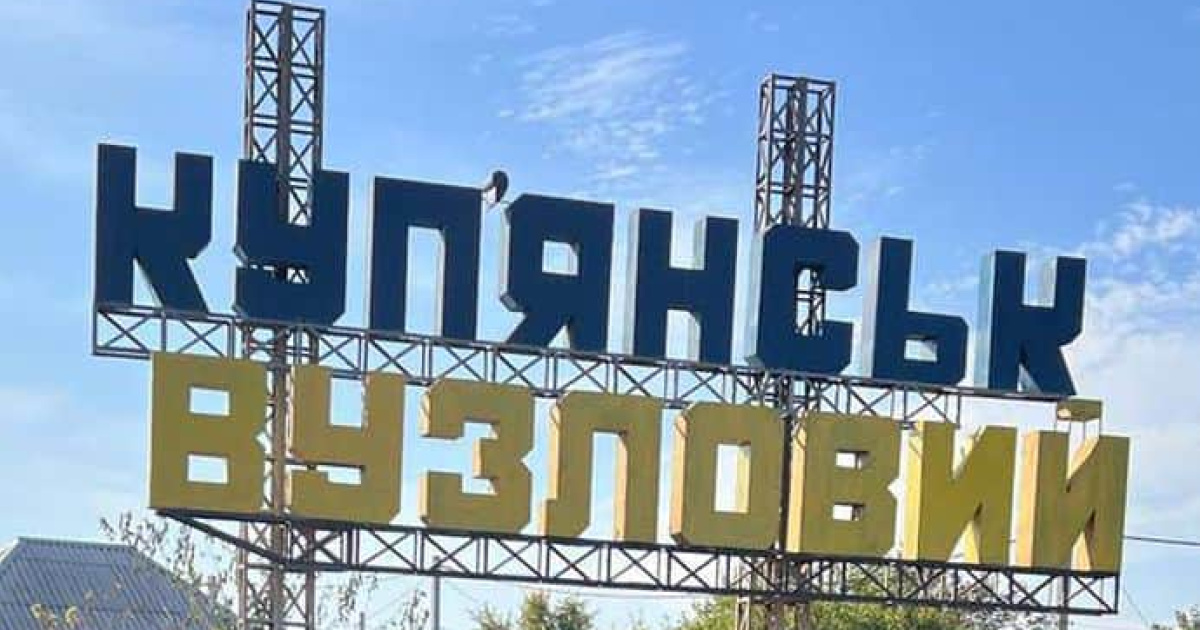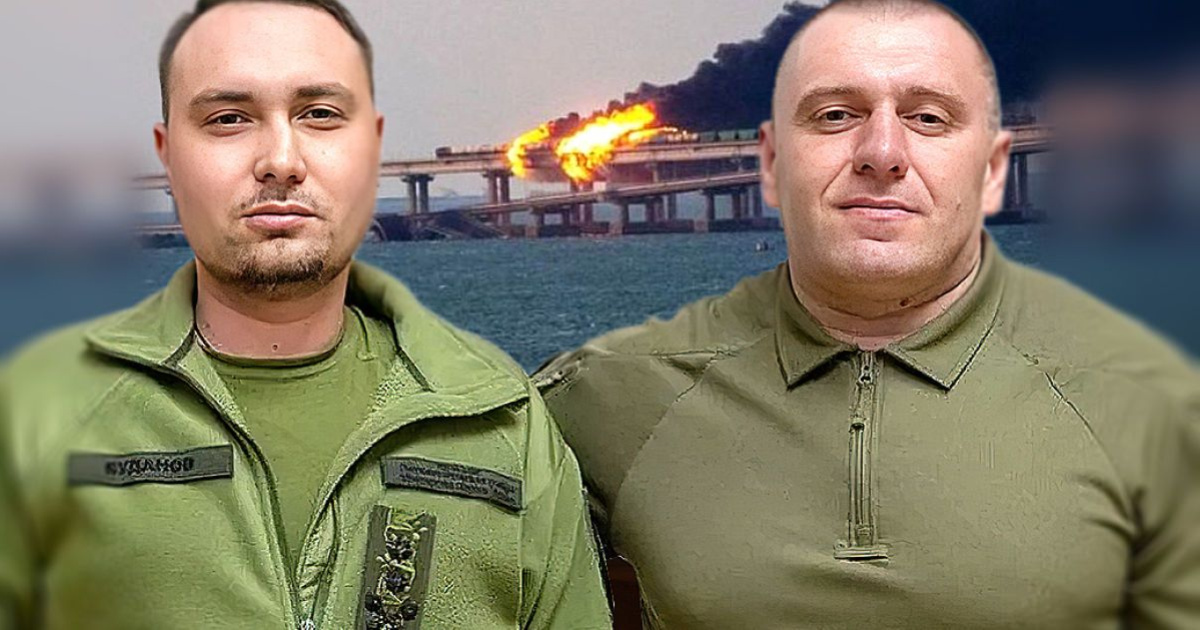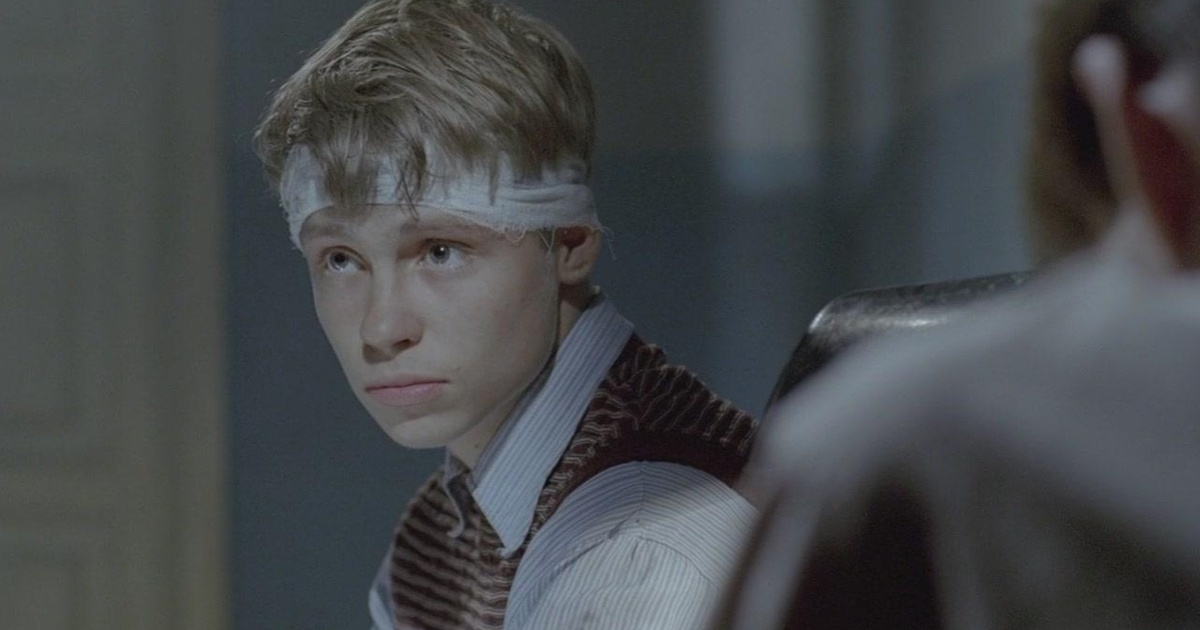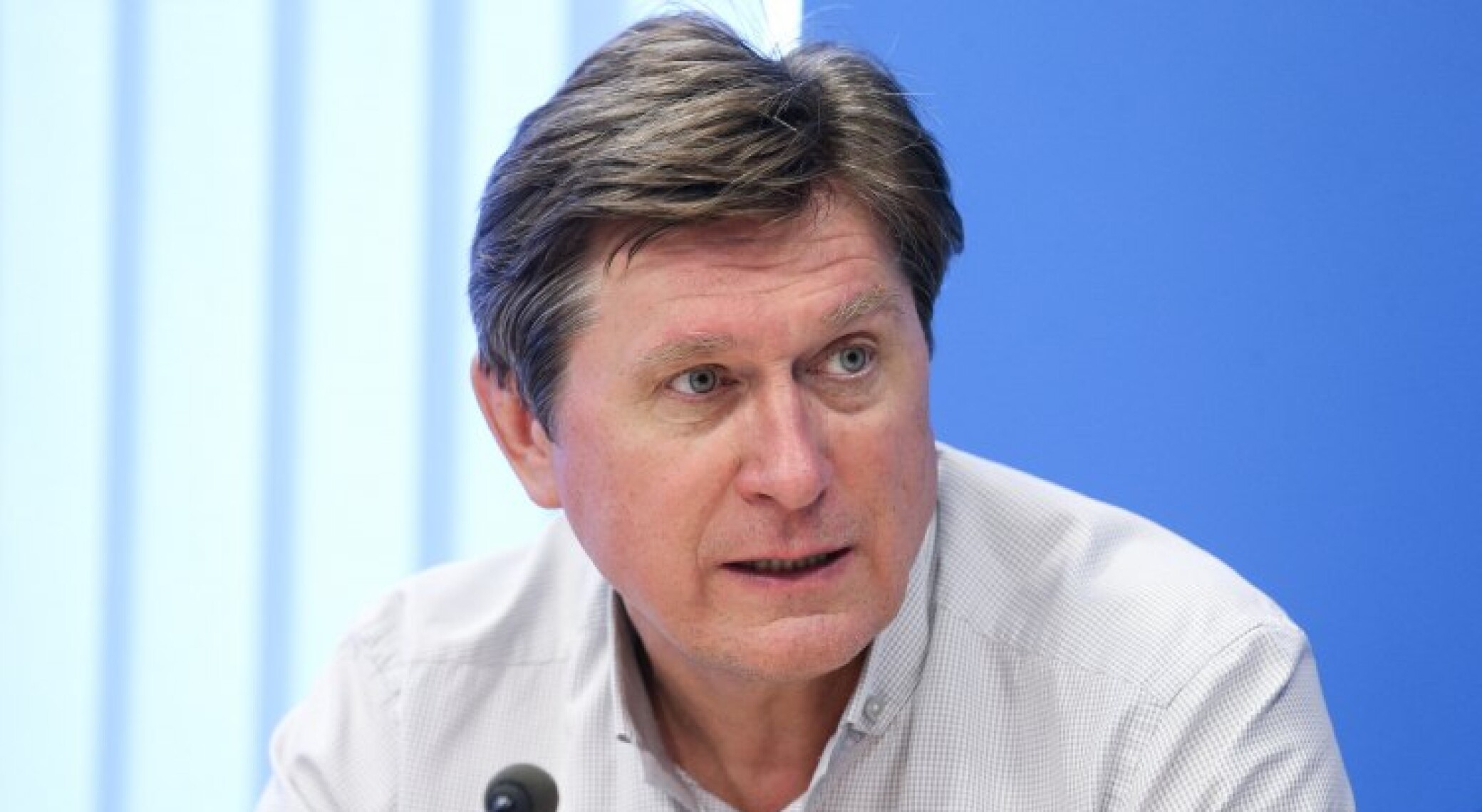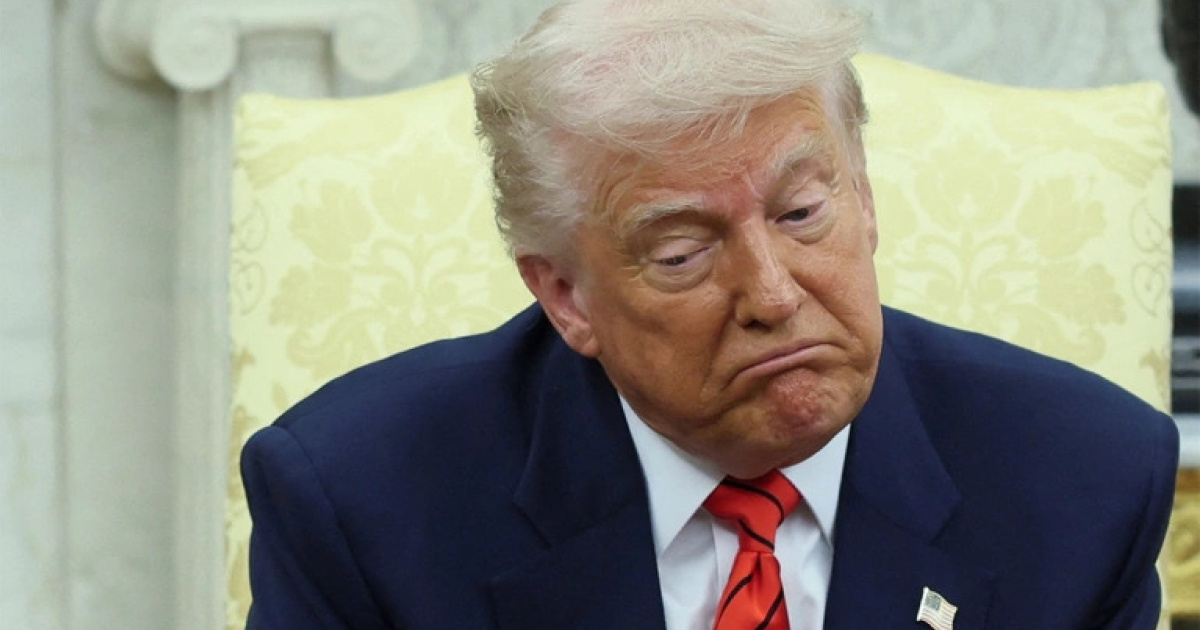
The threat of tariffs, increased military aid to Ukraine, and a 50-day deadline for the kremlin — U.S. President Donald Trump has sharply changed his rhetoric toward russia. After meeting with NATO Secretary General Mark Rutte, he threatened moscow with "very tough" sanctions if putin does not agree to a peace deal with Ukraine within a month and a half. At the same time, the White House announced the delivery of Patriot air defense systems as part of a multilateral defense agreement: weapons for Ukraine will be procured by the U.S.'s European allies.
According to Axios, the total package will amount to 10 billion dollars. It will include missiles, air defense systems, and artillery ammunition. The Washington Post also reported that Trump considered providing Ukraine with Tomahawk cruise missiles capable of reaching moscow and St Petersburg, but they did not make it into the final shipment list.
The kremlin did not ignore Trump’s new statements: putin’s press secretary Dmitry Peskov called them "very serious", adding that "time is needed for analysis".
What do these signals mean for Ukraine? How consistent is Trump’s position? Has he truly become disillusioned with putin? How is moscow reacting — and is it still able to interfere in the negotiation agenda?
OstroV discussed this and more with political analyst and head of the Center for Analysis and Strategies, Ihor Chalenko.
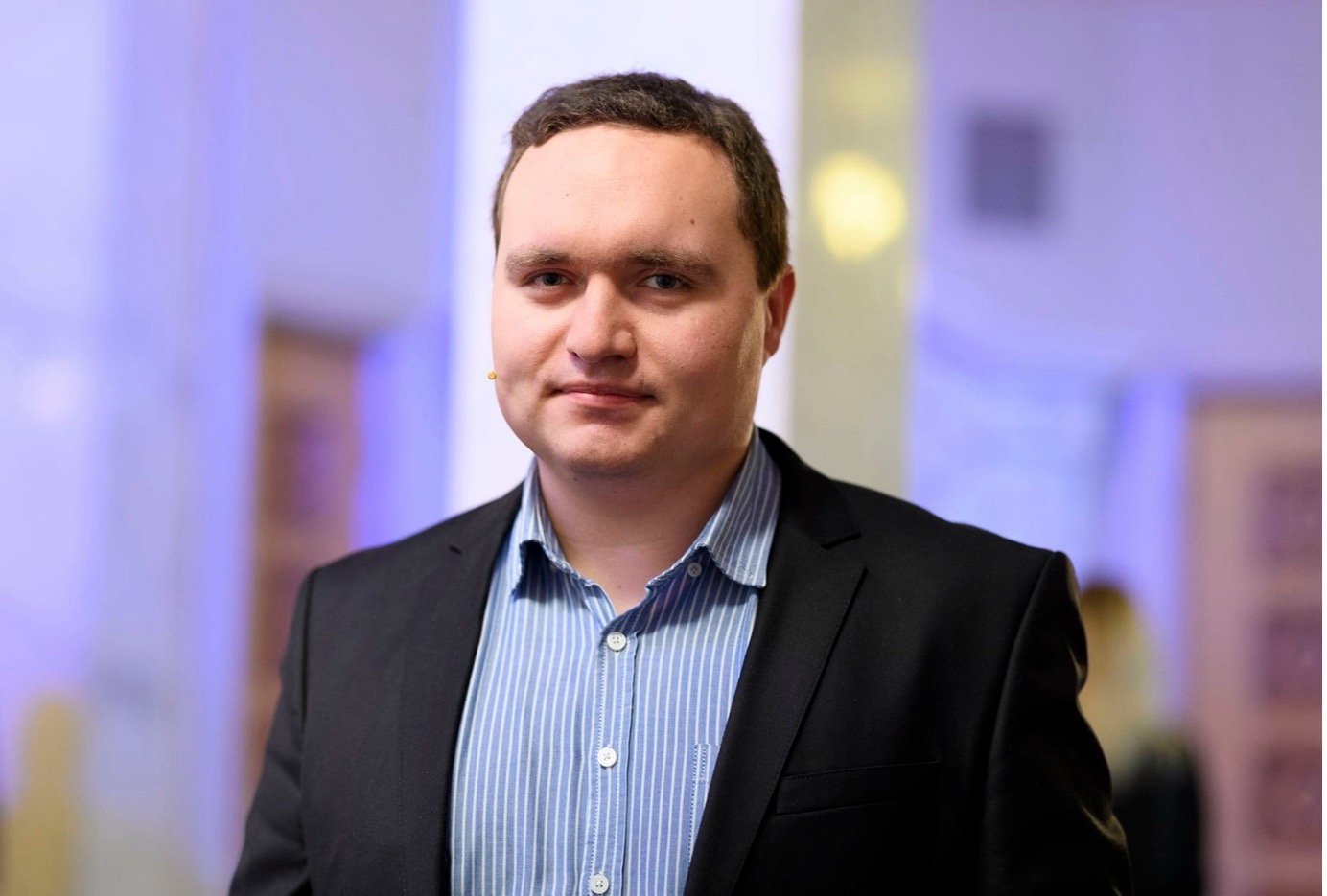
— First of all, I’d like to talk with you about Trump’s latest statements. If we generalize, how should they be interpreted — as a complete U-turn and change of policy, or something else?
— If we look at the bigger picture, I see a linear evolution of Trump’s policy here. That is, during the first two quarters of 2025 he tried to appease the russian side. But it turned out that the Ukrainian side demonstrated maximum willingness to negotiate: we were the ones supporting all of Trump’s initiatives directly.
Meanwhile, russia de facto blocked both the Istanbul negotiation track and showed no real desire to de-escalate. Every conversation with Trump ended in record-breaking Shahed and missile attacks on Ukrainian territory.
Trump realized: if he continues pursuing a policy of appeasing putin, it won’t bring any results. That’s why we’re now seeing tactical changes. I don’t believe these are strategic shifts. Because again, Trump operates in very short-term timeframes. This is even supported by his own statements — for example, about “50 days”, and then “we’ll see if putin agrees to negotiations or not”.
In other words, it’s still an attempt to impose the principle of “peace through strength”, to force putin into peace. The only thing we’re clearly seeing now is increasingly active work by advocacy groups supporting pro-Ukrainian policy. As has become known, and from Trump himself, no less — de facto one of these advocates, a lobbyist for Ukraine, has become the First Lady — Melania Trump.
I think this is an interesting twist, considering all the efforts made by the russian side to, on the contrary, undermine any positive perception of Ukraine by the U.S. government, Trump and his circle.
— Can this be called a window of opportunity for Ukraine?
— It’s definitely a window of opportunity in several new dimensions. In the short term, it’s about unblocking and receiving all the aid, the political decision for which was made back during Biden’s presidency.
The second point is defending spending in the U.S. defense budget for the USAI program. Plus, of course, the matter of the Patriot systems. It’s obvious we now have strategic decisions aimed at acquiring more of these systems. We’re not talking about 17 systems right now. I think we need to be more realistic. Most likely, we’re talking about around four systems that could be delivered to Ukraine’s Defense Forces in the shortest time possible.
Although I would point out the quite reasonable comments from the German side, which notes a certain time lag even after a political decision is made. We already saw this, for example, with the Patriot system gifted to us by the Romanians. We remember when it was announced — and how many months passed before the actual transfer. So the issue is in the practical implementation of the decisions made.
For us right now, I think an even more urgent issue is the delivery of missiles, particularly PAC-3s for those very Patriots already actively operating in Ukraine. This is critically important to prevent a shortage of ammunition. And of course, the supply of other weapons for HIMARS (GMLRS) and missiles for the F-16s.
Reportedly, Trump stated that JASSM (AGM-158) missiles will not be transferred. It’s possible this refers to procurement. We still don’t know for sure whether this will be implemented or not. But nevertheless, this is a window of opportunity for us that should absolutely be reinforced.
It’s clear that this will also be supported by a renewal of staff at the Ukrainian embassy in the U.S. While I believe Ms. Markarova really did everything possible, the time for renewal has come.
In the current situation, the most important thing for us is — under no circumstances — to slow down communication, but rather to expand it, to keep the Ukrainian issue in the focus of American information policy.
— These “50 days” Trump gave putin to reach an agreement are raising a lot of questions. It gives the rather alarming impression that he essentially gave putin time to prepare for a summer offensive, which, in particular, foreign media have written about. Why, in your opinion, did everything coincide like this?
— Personally, I support the position of the EU High Representative for Foreign Affairs and Security Policy, Kaja Kallas, who stated that 50 days is too long. And decisions on tariffs and other steps could have been made much faster. That’s absolutely true. It would have complemented the military gains we received from the delivery of new weapons to Ukraine’s Defense Forces with additional diplomatic efforts.
We understand perfectly well: these tariffs are aimed not so much against russia directly, but have a secondary effect — on russia’s partners, especially in the energy sector. First and foremost, we’re talking about China.
But possibly, Trump decided that putin cannot be stopped in the next month and a half, and that the plans for offensive actions will be implemented at any cost. And based on this, in my personal opinion, Trump has focused on military support.
— But at the same time, all of this gives off a bit of a conspiratorial vibe. First, there are reports of an upcoming russian offensive within 60 days, then on July 14 Trump talks about 50 days. It looks like coordinated rhetoric…
— Yes, there might indeed be a bit of conspiracy here, but what would now be absolutely appropriate is to resume consideration of the Graham-Blumenthal bill on 500% tariffs in the U.S. Senate, and then in the House of Representatives.
The very launch of this process would already be a powerful signal to the russian federation: that there will, in any case, be clear consequences for failing to take steps toward de-escalation.
Unfortunately, as far as I understand, this bill is currently stalled — precisely due to Trump’s officially voiced position on the “50 days” and the potential 100% tariffs against china and other countries.
— In your opinion, are these real threats or more of a bluff from Trump?
— Trump has repeatedly announced tariffs over the past few months. Then he postponed their introduction, then canceled them. This is Trump’s classic scenario — “wag a finger”, but don’t strike.
Although, of course, we have seen examples of short-term tariff imposition, then reductions, then pauses. This topic is played very actively, used as a diplomatic tool.
— And regarding russia specifically — are such tariffs actually capable of influencing it?
— Russia definitely won’t be scared, for one simple reason: the volume of bilateral trade between the U.S. and the russian federation is about 3.5 billion dollars. That’s a minuscule amount when talking about direct impact.
As for China, this is where counter-diplomacy from Beijing kicks in. It’s clear that the Chinese side is emphasizing the recently signed trade agreement with the United States, which outlines specific customs benchmarks, in exchange for the U.S. receiving imports of rare earth materials.
So the situation is complex, but Trump shouldn’t be underestimated. He has already shown he can act impulsively, sometimes even unexpectedly, and that’s part of his political style.
— Trump has clearly indicated that he’s dissatisfied with putin. Foreign media report that he’s said so in private conversations too. If he’s already come to that conclusion, what else can we expect from him?
— I’m not sure Trump is completely disillusioned. Even while showing his dissatisfaction, he doesn’t dare call putin a killer. On the contrary — he calls him a “professional”, a “strong man”. At the same time, we hear him say many positive things about putin — and all of this is happening precisely when Ukraine is suffering record-breaking mass attacks, when there’s a very intense campaign on the front line.
But we also see that the russians are trying to approach Trump from a different angle. It’s worth noting who exactly became publicly active right before Trump’s statements. In particular, Kirill Dmitriev, a person with friendly ties to Steve Witkoff. In other words, there’s a serious attempt underway to influence a potential shift in the rhetoric of the U.S. president.
In this situation, in my view, a certain “non-negotiability” of the kremlin is currently working in Ukraine’s favor. But there’s no guarantee it will last. Russia may switch from stalling tactics to forcing the pace. For example, it could announce readiness to “end the war” while putting forward ultimatum demands disguised as “peace initiatives”. De facto, these would be the same terms of capitulation, just in different wrapping.
The kremlin could take advantage of this, and then all of Ukraine’s diplomatic gains could be offset. Not to zero, but to a significant degree.
That’s why it’s so important that we now have the cumulative effect of Ukrainian diplomatic efforts: President Zelensky’s contacts, the involvement of Giorgia Meloni, the activity of Macron, Stoltenberg, Scholz — all these steps are forming a real coalition in support of Ukraine. And it’s difficult work, but very important.
— And how do you assess russia’s reaction to Trump’s latest statements? Does it look a bit sluggish?
— I wouldn’t say that. The russians actually worked their target audiences very precisely. Each has their role. Peskov says Trump’s statements must be taken seriously, but first “studied carefully”. Lavrov, by contrast, is ironic: first it was “24 hours”, then “100 days”, now “50 days” and nothing changes.
Medvedev, in his usual manner, showed aggressive rhetoric, a display of intransigence. Dmitriev, meanwhile, is trying to play the role of an “optimist”, pushing the idea of promising bilateral U.S.-russian relations.
This only testifies to the absence of a single line of behavior within the kremlin. But in parallel, the information campaign against Trump in russian media is intensifying. His policy is already being called “bidenized” — this is coming from Solovyov, Simonyan, and other propagandists. All of this is being relayed into the American information space through social networks.
Russia is acting on multiple vectors: using various elements of informational, political, and personal influence to assemble a unified picture that, they hope, will impress Trump. But at the same time, it’s clear the kremlin has no clear idea what exactly might persuade Trump in the current situation and bring him back around to putin.
— Has the ceasefire topic already faded into the background?
— I don’t think it has completely faded into the background. It’s constantly being hinted at. It comes from the mouths of European leaders. Personally, I interpreted Trump’s statement about “50 days” as a hint at a ceasefire. It was a direct signal to the russians: like, let’s make a deal. But we also see that russia has intensified reputational attacks on the Ukrainian delegation participating in the talks in Istanbul.
— You mean the statements about a possible replacement of the delegation head?
— Yes. Right now, the russians are pushing the narrative that the Ukrainian delegation will change. Specifically, that Shmyhal will lead it if he becomes defense minister. And they immediately add that Shmyhal is a “gray mouse”. It’s an attempt to completely nullify his role in the negotiation track.
At the same time, Western partners do seem to be insisting on the topic of negotiations. At the very least, they’re trying to achieve some kind of tactical ceasefire regime. Let’s also not forget the idea of a high-level meeting. It’s still being “kept on the table” in conversations with putin or his entourage.
But we’re already hearing completely unacceptable messages — that a meeting with Zelensky is only possible after Ukraine’s capitulation. This is being voiced by russian media. Such statements are totally detached from reality and show that the russian federation has no real willingness for a genuine peace process.
That’s exactly why I support Kaja Kallas’s position: secondary tariffs need to be introduced now. I mean, why wait another 50 days? What will change? Putin won’t change and everyone understands that. But Trump, it seems, still has some kind of hope.
— If I may, a few words about domestic politics. Why, in your opinion, did President Zelensky decide to change the government right now?
— Because there will be no elections. That’s already obvious. And in the absence of elections, there arose a need for a certain evolutionary transformation and a change in the balance of governance. By updating the government, they’re essentially trying to relieve some of the pressure.
It’s clear that the opposition is unhappy about this. They were pushing the idea of a government of national unity or a “government of salvation”. But in the current conditions, we won’t get a revolutionary update — instead, we’ll get, so to speak, a “new government of the old Shmyhal”. Meaning the technocratic approach will remain, just with new names and possibly a reduced number of ministries and a changed balance within the Cabinet.
— Is this a strengthening of the President’s Office influence?
— Not necessarily. If we were talking about this two weeks ago, I would’ve said: yes, the President’s Office is preparing for full control over the government. But now the situation looks a bit different. On the contrary, we’re seeing a balanced approach. The new government will most likely be called “Zelensky’s government”. But at the same time, a certain system of checks and balances between various groups of influence within the authorities is being maintained.
— Should we expect changes in the new government’s policies?
— The focus will obviously be on supporting entrepreneurship, strengthening defense capability (especially in terms of developing the military-industrial complex), as well as further optimizing the state apparatus. But this is more of an evolutionary rather than revolutionary course.
And here it’s important to understand: additional resources are needed to implement such changes. Yuliia Svyrydenko, for example, has a fairly good reputation among our American partners. And there’s hope that this renewal will help Ukraine receive additional approvals and financial agreements.
This year, the issue of external financing is almost settled. We’re talking about 39.2 billion dollars, as planned. Of that, about 22 billion has already been received in the first half of the year. But what will happen next year is still a big question.
That’s exactly why the renewed government, which is now entering the budget process, has a chance to secure better positions for Ukraine in terms of external financing — already for the next budget periods, particularly for 2026 and beyond. This also follows from the budget declaration recently submitted to the Verkhovna Rada for review.
By Vladyslav Bulatchik, OstroV

